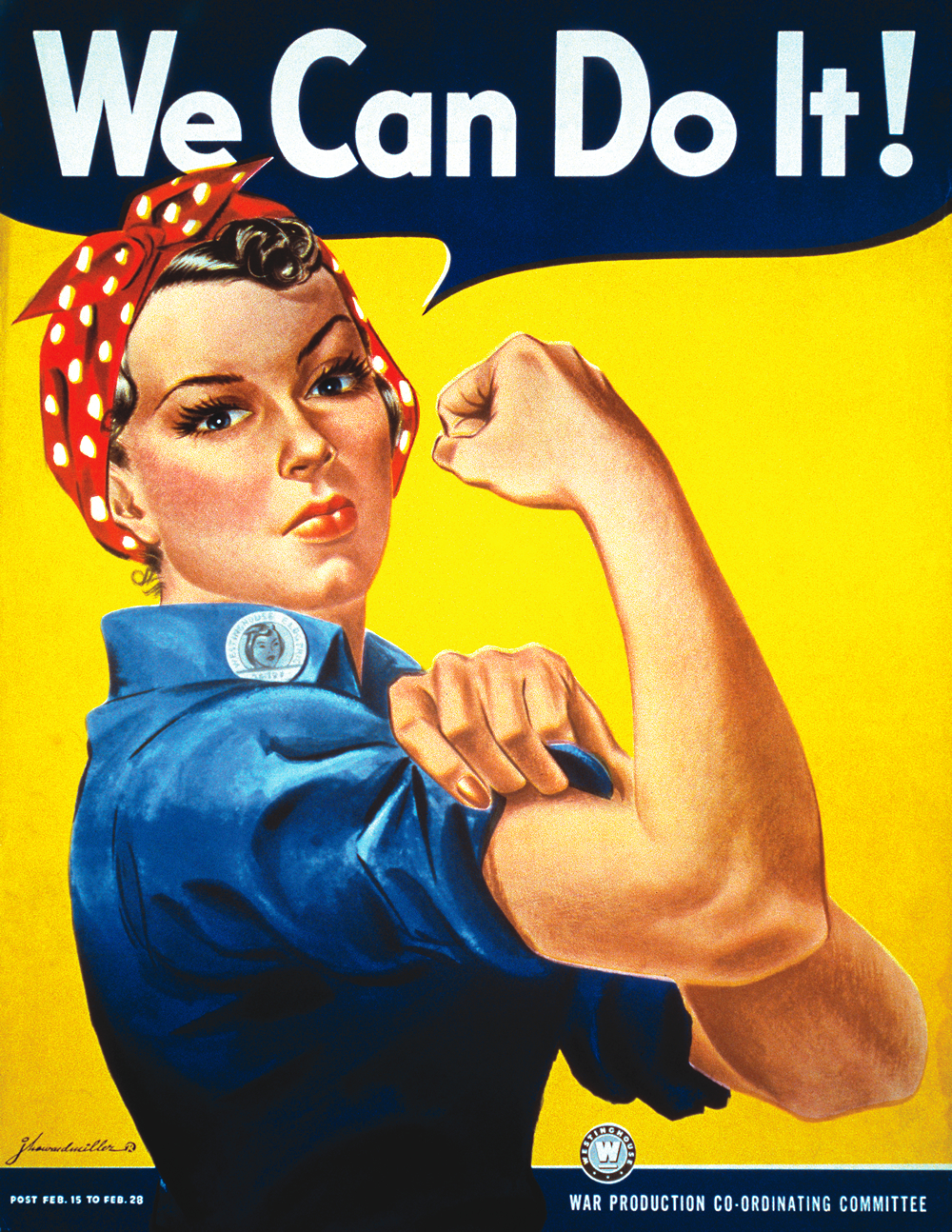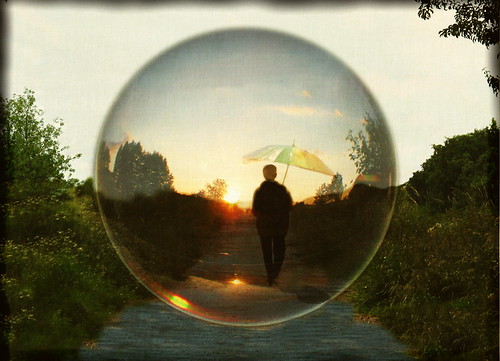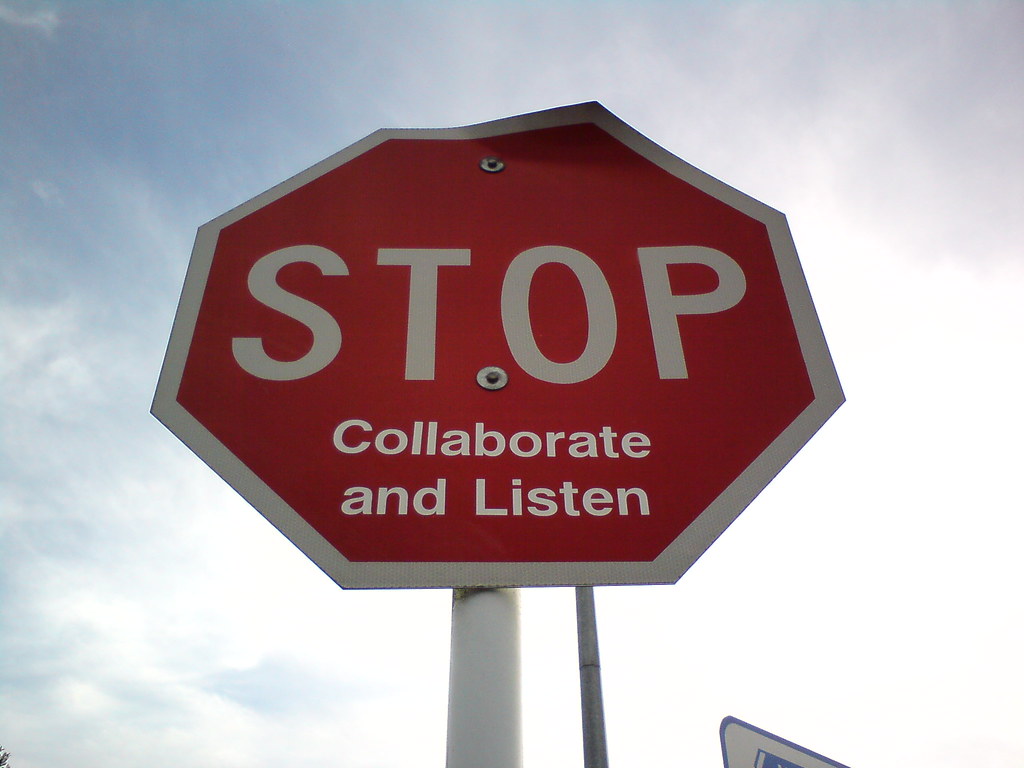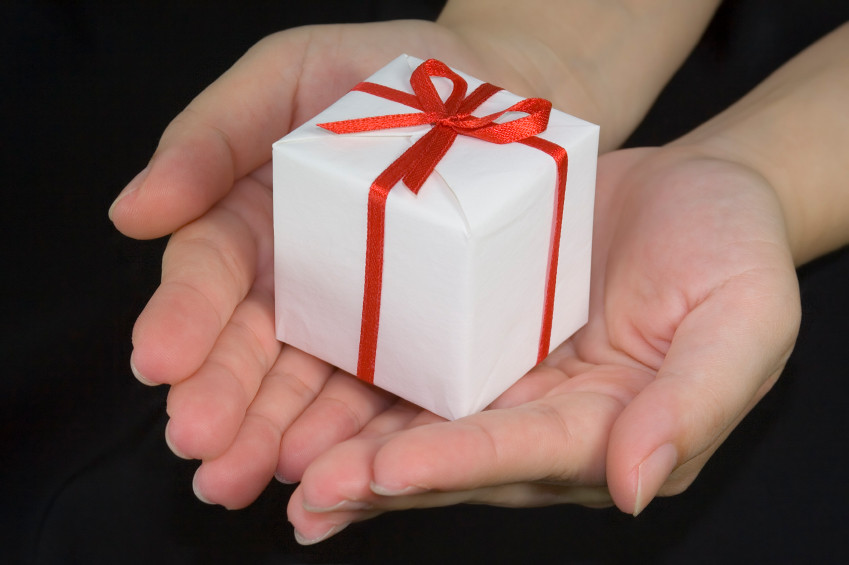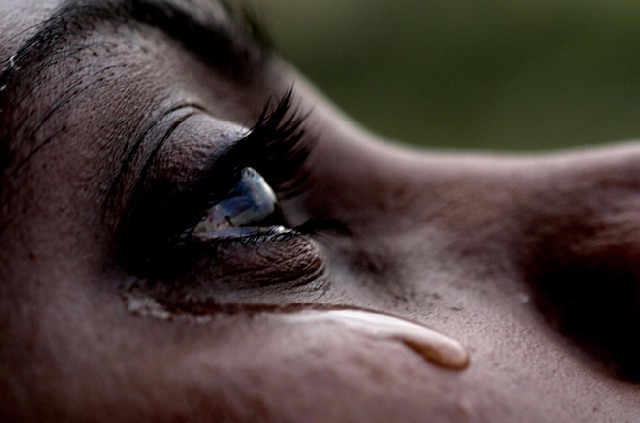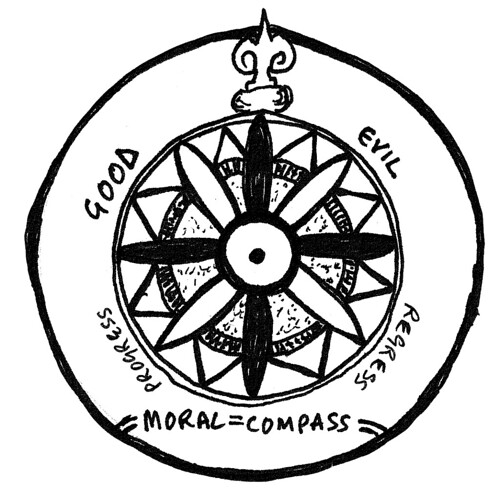
So I'm way late with this but here you go: the 2nd of two posts I've done on this topic. Read part one here
Note: I also use gender binaries such as women/men and male/female in this post for simplicity's sake, but I understand and recognize there are many more gender expressions and identities out there.
The other big pitfall I've identified is that it goes along with the narrative that undermines women and our experiences over the centuries.
Because when we want more "strong female role models" that implies that there weren't very many to start with. And I know it must seem that way, but I think there have been examples of women exhibiting exceptional strength all along and we just don't identify that as "strong".
Part of the problem lies in our very conception of the word "strong". As of now, the word evokes images of extreme muscles, a large size, outward displays of power, loudness and we tend to think sort of thing is all there is to the word "strong".
Women through the ages have more often shown a different kind of strong, not the overbearing, loud, dominating strength of size and power, but the silent strength of endurance. Of being treated like crap and being able to continue, of pushing through pain and surviving.
Isn't THAT incredibly strong?
Throughout history women have endured mistreatment, abuse, and/or violations to human dignity--does it not take monumental strength to make it through that?
 Women have waited patiently and faithfully for months years, even decades for men to come home, (I'm talking about the past of widow's walks) doesn't keeping up that level of commitment, self control and hope not take strength?
Women have waited patiently and faithfully for months years, even decades for men to come home, (I'm talking about the past of widow's walks) doesn't keeping up that level of commitment, self control and hope not take strength? Wouldn't you agree that the world has let down women far more than men? Doesn't it require strength to be able to take disappointment? Doesn't accepting it and rising above it in order to try again require strength? Doesn't having your hopes crushed time and time again and still choosing to fight require strength?
Women have been strong all along. We just don't acknowledge this form of strength AS strength.
So really what we're doing is undermining different forms of strength.
 We need more representation of female characters that are there for more than sex appeal (not because sex appeal is bad, but because it is not all that is valuable about a female), we need female characters that don't submit if they disagree, women that solve problems, women that are listened to and respected.
We need more representation of female characters that are there for more than sex appeal (not because sex appeal is bad, but because it is not all that is valuable about a female), we need female characters that don't submit if they disagree, women that solve problems, women that are listened to and respected. But we need to be careful to not conflate better, more diverse representation with old systems so all that happens is a continuation of the problem.
| Samantha Wright, the weightlifter in question |
Absolutely in Samantha Wright's case "cute" devalues her and what she does. So can we stop using it that way?
A message I seem to see a lot is that "cute" and "respected" or "taken seriously cannot go hand in hand. Well maybe they should start dating. Maybe we as a culture need to stop making those two things mutually exclusive, stop forcing people to choose between what might very well be two parts of themselves.
I personally love being cute and because of the situation, I know I can take it as a compliment, but when I want to be serious, I want to be respected. And it is NOT right to tell me or other people that there must be a choice.
Once again you are getting reinforcements of the need to be tough, this kind of thinking drives the idea that toughness needs to be displayed for respect.
The other thing I'm getting at here is that we need to stop associating traditional feminine things with "weak" or "bad". Weakness in itself is not bad, it's part of being human. What's bad is not being able to overcome weakness. But that doesn't make a person any lesser, everyone develops the ability at different rates.
This is honestly probably half the reason why women are not valued as much as we should be: because femininity is not valued. But where does that leave people on whom gender roles fit and fit well?
We need to change the conversation and show everyone can bring strengths to the table.
And when we get there, everyone will benefit.
Like this post? Then please press those g+1 buttons, share on social media and comment, I'd love to hear from you!


